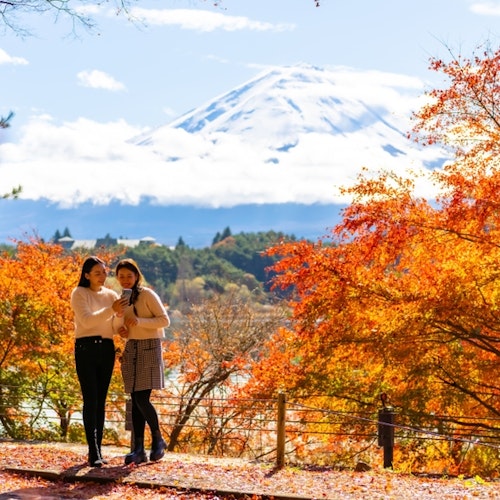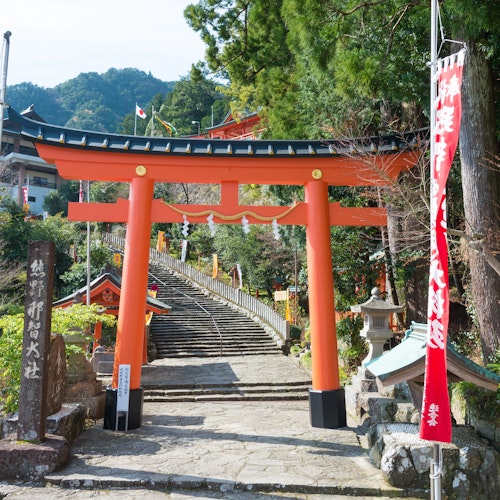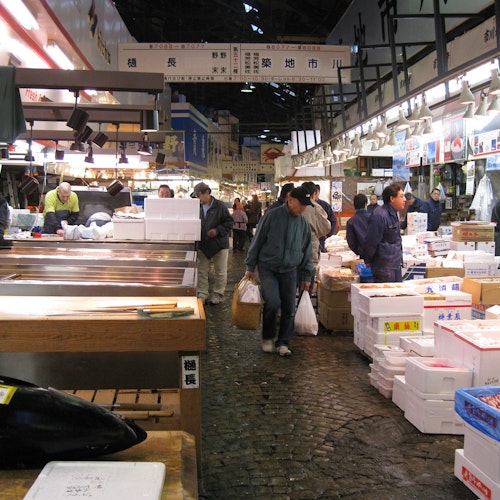
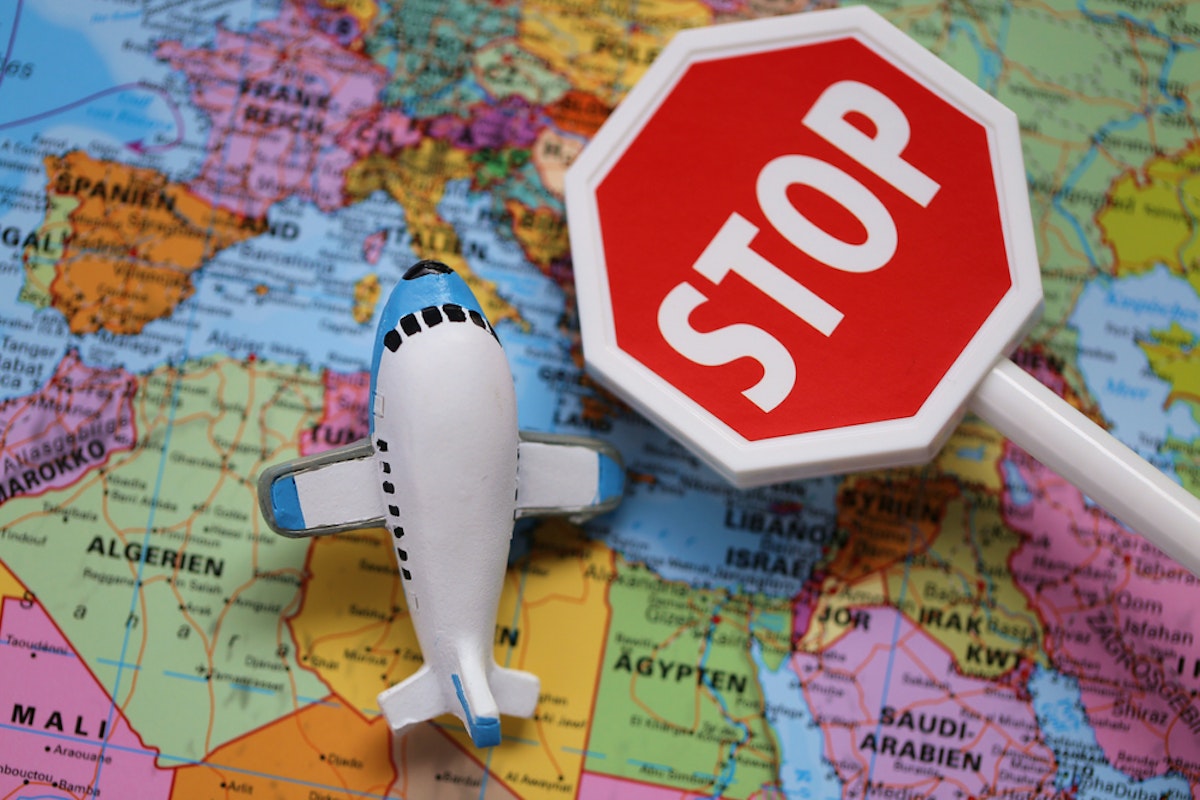
Have you ever wondered if your usual medication could land you in trouble at Japan's customs?
As someone who helps travelers navigate Japan’s incredible cities like Tokyo and Kyoto, I regularly get calls from worried folks unsure if their everyday medicines could cause trouble at Japanese airports. Japan is known for strict regulations—especially when it involves drugs and medications. Even items completely normal back home could be problematic here.
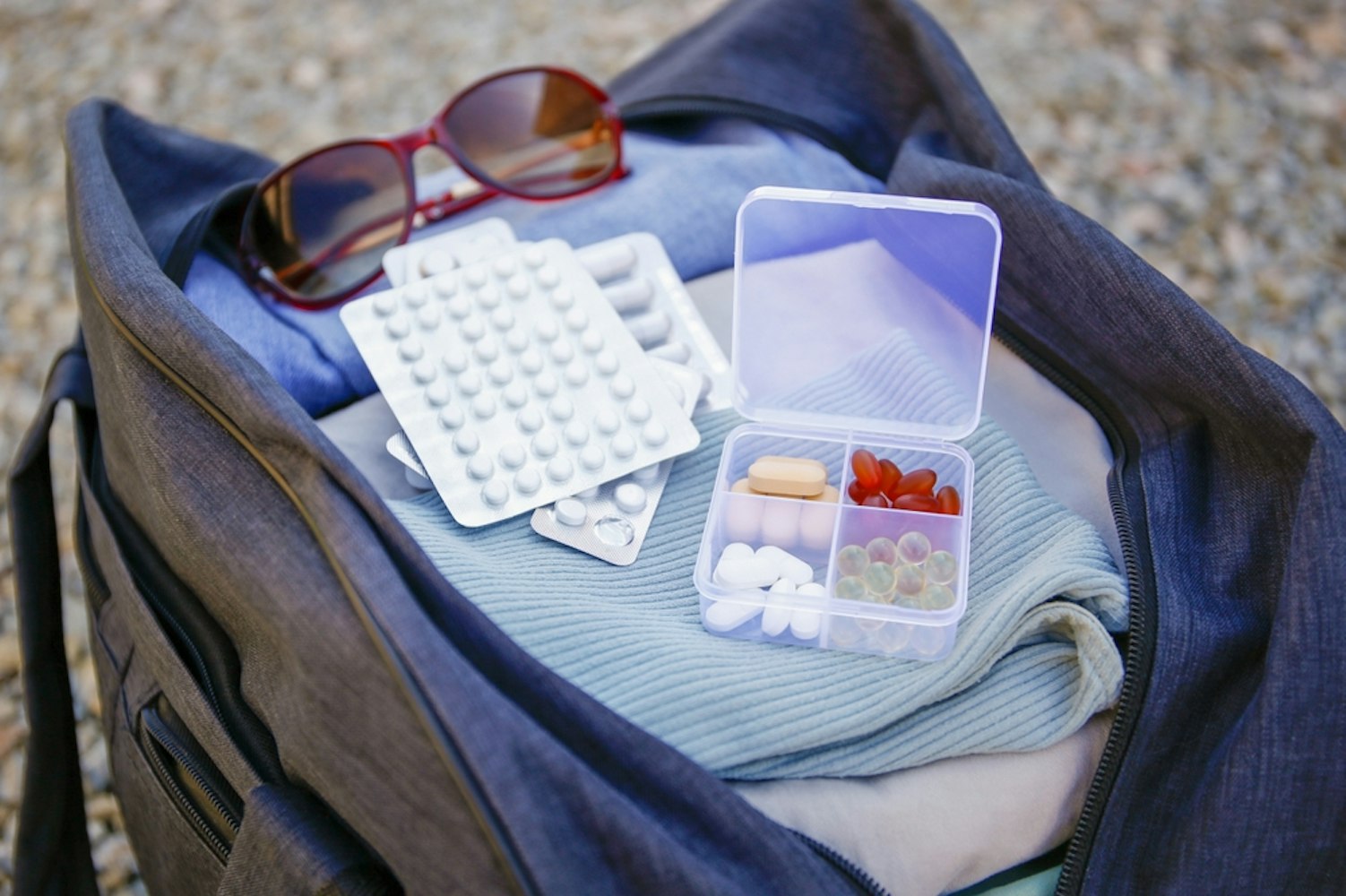
Japan’s rules around medications aren’t just strict—they’re precise. This precision stems from their zero-tolerance approach to drugs, even common over-the-counter types. Travelers sometimes share stories with me, recounting stressful experiences at customs because they didn't double-check their medications beforehand. A regular allergy pill or cold medicine can trigger scrutiny at Japanese airports.
If you're already packing your bags, take a moment to check out this helpful guide we've written on what to wear in Japan during springtime, helping you travel comfortably and safely.
I often hear confusion about which common medications Americans can’t bring into Japan. Here’s a quick breakdown to clear things up:
Pseudoephedrine (like Sudafed): A complete no-go in Japan, even though it’s commonly available in the U.S.
Adderall and other stimulant medications: Japan categorizes these strictly under controlled substances, requiring special permission.
Codeine-based painkillers: Usually restricted; travelers must have clear documentation.
For full details, Japan Customs has clearly outlined prohibited items for travelers, which I highly recommend checking before departure.
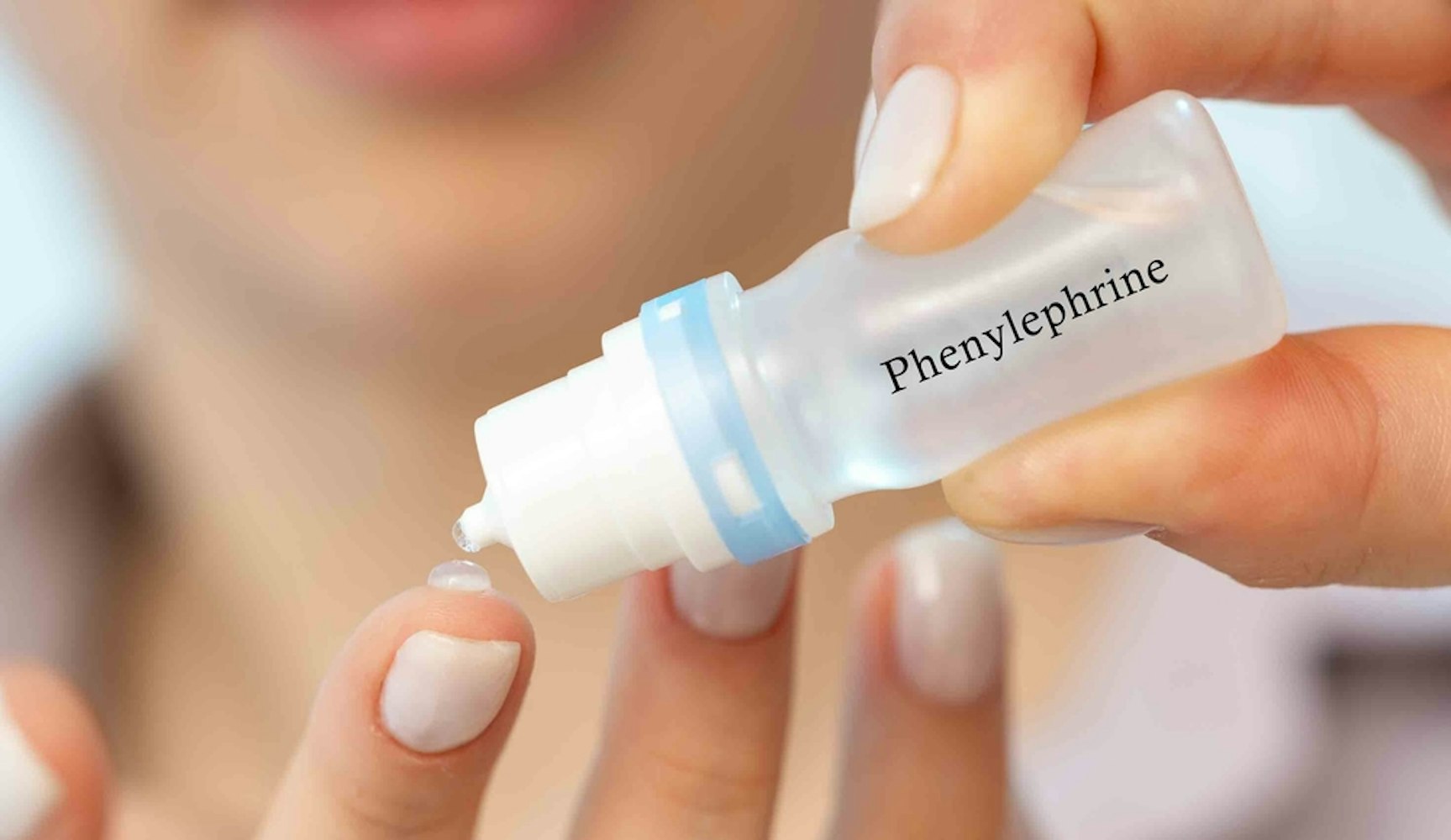
I frequently get asked about phenylephrine because it's a common alternative to pseudoephedrine. Good news! Unlike pseudoephedrine, phenylephrine generally is allowed into Japan. But remember, customs officers may still ask questions if quantities seem unusually large. It’s always smart to carry medications in original packaging with clear labels.
If Tokyo is part of your itinerary, consider reading our fun article about interesting facts about Tokyo. It might ease your mind and get you excited for your trip!
Albuterol inhalers are usually a concern for travelers. I reassure my clients regularly—yes, you can bring your albuterol inhaler into Japan. Just keep it clearly labeled and in the original prescription packaging. To avoid potential delays or questions, carry a doctor's note detailing your condition and the necessity of the medication.
Still feeling uncertain? The U.S. Embassy has an insightful page that directly addresses concerns about importing medications to Japan.
Another popular question: Aleve (naproxen sodium). Yes, Aleve is typically allowed into Japan. It’s common in Japan as well, often sold under different brand names. Pack it in the original container, and ensure it clearly states the medication’s contents.
I recently had a traveler share a frustrating experience about bringing over-the-counter sleep medications containing diphenhydramine (like Benadryl). Surprisingly, these are allowed, but officers may question large amounts. My best advice? Always pack just enough for your trip, with clear labeling and original packaging.
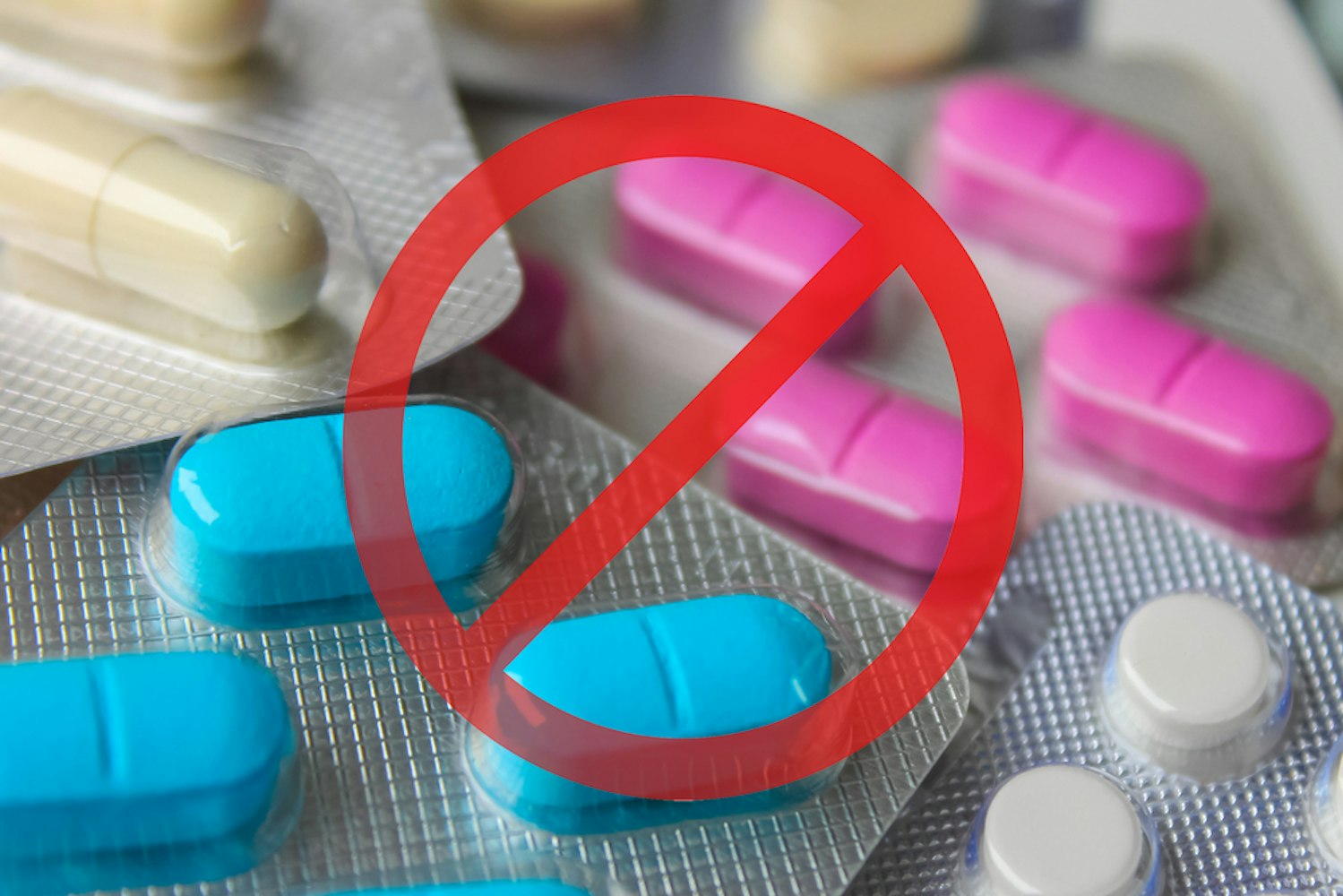
Customers often express concerns about penalties. Japan takes drug violations very seriously. You could face confiscation, fines, or even legal trouble. Ignorance doesn’t protect you here. It’s essential to stay informed, especially if your medication includes narcotics or stimulants.
To ensure hassle-free entry, check the official page from Japan's Ministry of Health that explains bringing medications into Japan thoroughly.
I recommend travelers always carry medications clearly labeled, in original packaging, along with prescriptions or doctor's notes whenever possible. If your medication is controlled in Japan, applying for a "Yunyu Kakunin-sho" (import certificate) is necessary. Japan’s Narcotics Control Department has a clear breakdown on their site which outlines controlled substances procedures clearly.
If you're feeling overwhelmed, our team at Trip To Japan is always ready to help. Reach out to us, and we'll clarify your doubts quickly!
Recently, a customer mentioned seeing online discussions about travelers facing confusion at Japanese customs, particularly regarding ADHD medications. Many American travelers aren’t aware that Japan strictly controls stimulant medications like Adderall or Vyvanse. This misunderstanding leads to stressful airport experiences and even denied entry.
Such experiences can easily be avoided. If you use these medications, apply early for the required import certificates.
I'll share more detailed tips and cover other items, like foods and cultural goods, that can also cause issues at customs, in the second half of this article. Make sure you stick around!
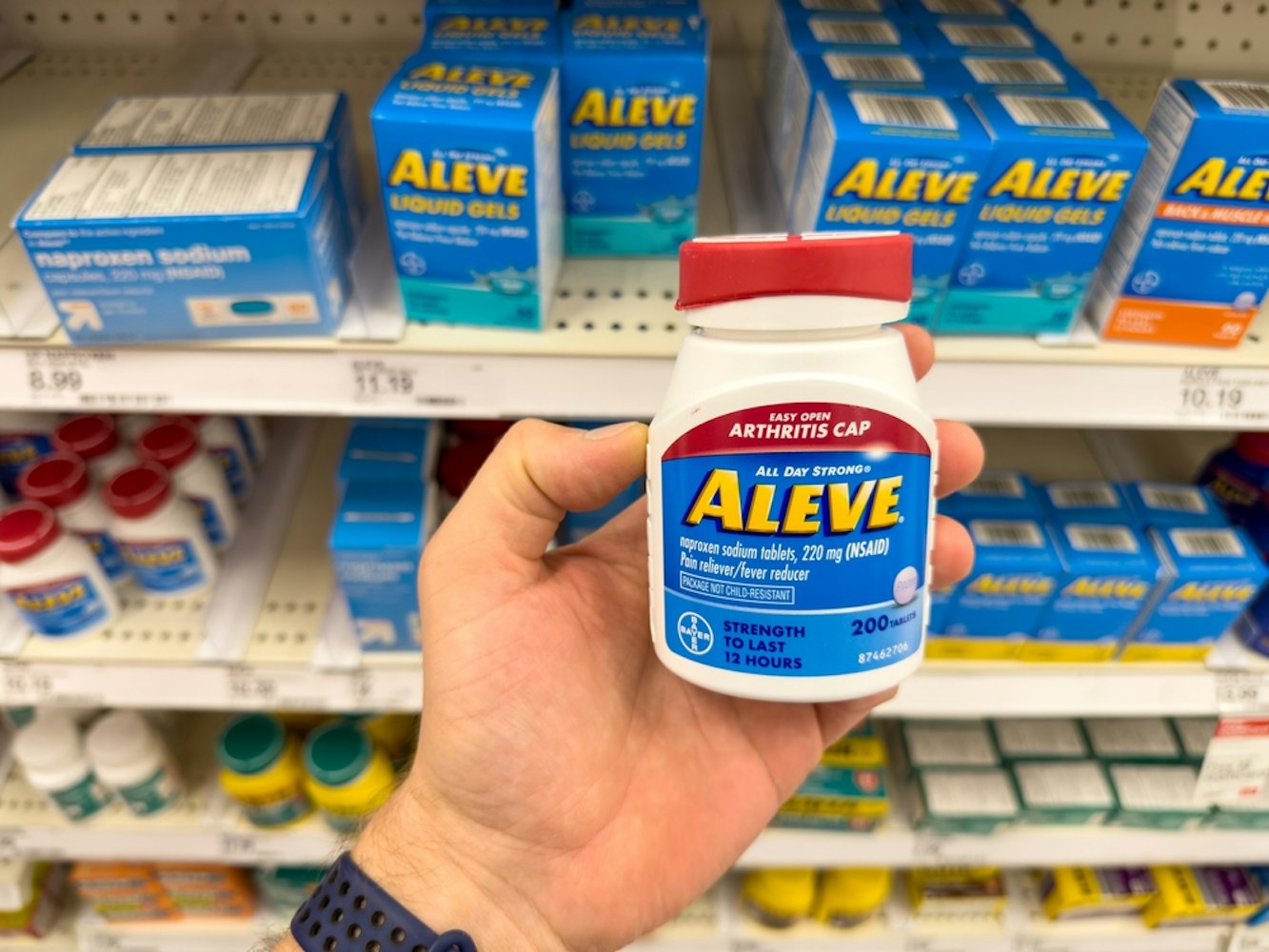
Wondering about everyday painkillers or cold remedies? This is one of the most frequent questions I receive from travelers. Generally speaking, common over-the-counter medications like Aleve (naproxen) and ibuprofen are fine to bring in reasonable quantities for personal use. But remember, “reasonable” usually means a supply for less than a month. And don’t forget, it's safer to keep them in their original packaging. Loose pills in an unlabeled bottle can cause unnecessary headaches at customs.
But let’s talk about something trickier: phenylephrine. Found in products like Sudafed PE, phenylephrine is technically permitted, but only in limited quantities. Japan classifies it as a stimulant medication, and carrying large amounts may land you in trouble. I advise travelers who rely on cold medications to check the specifics directly with Japan’s official medication guidelines before packing their bags.
If you use an inhaler for asthma, like albuterol, things get a little complicated. Japan controls medications for respiratory conditions strictly. The good news is, albuterol inhalers aren't illegal—but there’s paperwork involved. You’ll need a special permission form, called a Yunyu Kakunin-sho, before entering Japan. Trust me, obtaining this form in advance saves tons of stress at customs. The Narcotics Control Department provides clear instructions on how to secure this documentation.
One traveler I recently helped mentioned an uncomfortable experience at Narita Airport, as he mistakenly packed multiple inhalers without declaring them. He shared how his asthma medication turned into a two-hour ordeal at customs, something nobody wants to endure after a long-haul flight. Lesson learned? Always get your documents sorted beforehand.
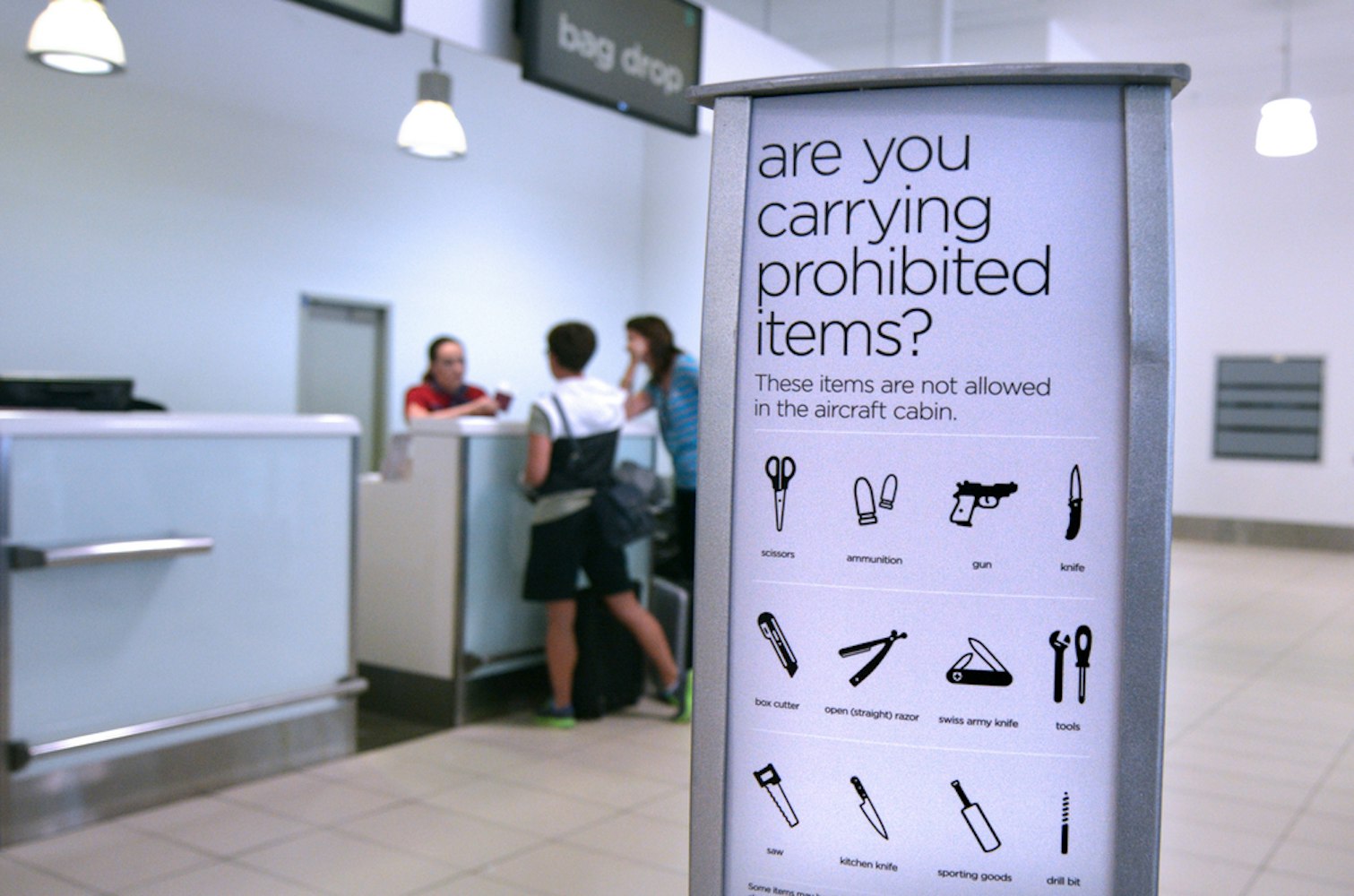
Horror stories from travelers aren’t uncommon. I've heard numerous tales from customers who've unknowingly brought restricted items into Japan, only to face stressful interrogations at customs. Recently, someone shared an experience of inadvertently packing codeine-based cough syrup—perfectly legal in the U.S. but a controlled substance in Japan. The customs agents confiscated it immediately, leaving him without the necessary medication and deeply stressed.
These experiences underline how vital preparation is. If you’re unsure, contacting a travel expert who specializes in Japan, like my team at Trip To Japan, can save you from potential mishaps.
Medication isn’t the only thing Japan tightly regulates. Food items also raise red flags at customs. Many travelers don’t realize that bringing in fresh produce, meat products, or even certain dairy products can lead to confiscation and fines. Even seemingly harmless items, like beef jerky or fresh fruits, can trigger strict checks.
If you’re thinking about bringing gifts or snacks, stick to commercially packaged products. I often suggest unique Japanese snacks instead—why not dive into local flavors once you're here? Our guide on unique Japanese souvenirs offers plenty of tasty alternatives you’ll enjoy exploring.
Electronics rarely cause customs issues—but here’s what you should keep in mind. Japan allows most electronic items, like laptops, cameras, and smartphones, without hassle. Still, larger or specialized devices sometimes raise eyebrows at security checks.
Drone enthusiasts should be cautious. Japan enforces strict drone regulations. Bringing a drone without proper documentation could result in confiscation or fines. Checking Japan’s customs and aviation websites beforehand is smart. Our team at Trip To Japan regularly advises travelers on these nuances, saving them unnecessary complications.

Before your departure, take these simple but crucial steps. I strongly recommend making a clear list of all medications you plan to bring. For prescription medications, always carry a letter from your doctor describing your medical condition and medication details. This letter should preferably be in English and ideally translated into Japanese to facilitate smooth interactions at customs.
One more essential tip: pack your medications in your carry-on luggage. Losing vital medicines because your checked baggage went astray can disrupt your trip dramatically.
Still uncertain about something specific? That’s totally understandable—Japan's rules can feel confusing. If you're planning your trip and need personalized advice, my team at Trip To Japan can guide you through the intricacies of Japan’s customs regulations. Don’t hesitate to reach out—we’re here to help make your visit seamless and worry-free.
For more detailed and authoritative information, I've listed reliable resources below to check at your convenience.
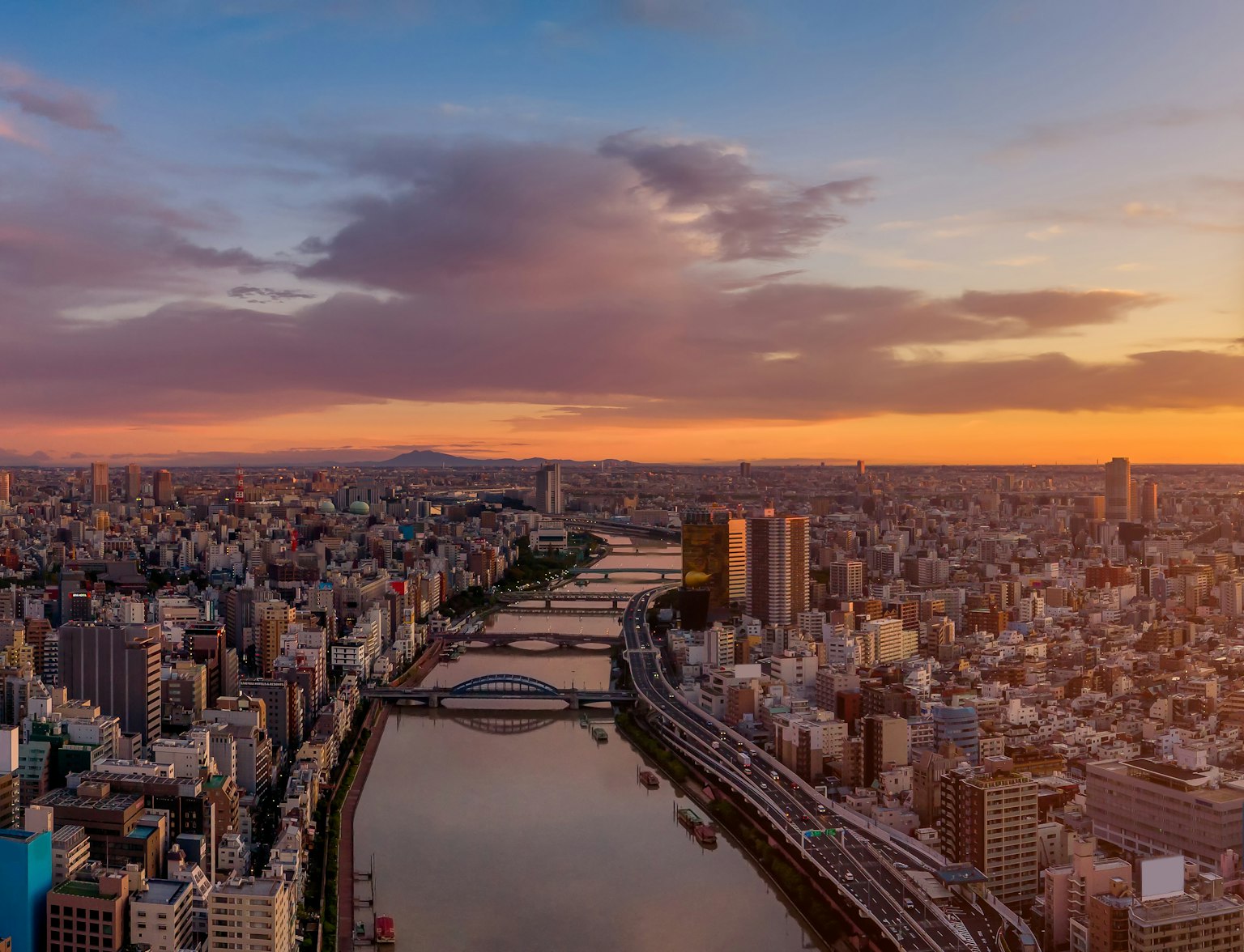
Experience the magic of Tokyo in a single day!
